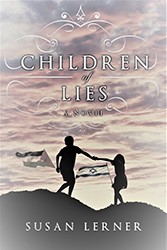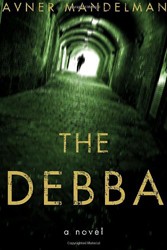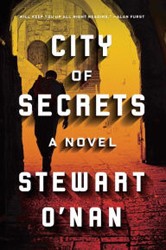Batya Gur has been one of Israel’s most popular mystery writers. Her Michael Ohayon series of suspense tales have been well received, making her a household name from Eilat to Metulla. Murder in Jerusalem (translated by Evan Fallenberg), Gur’s last work (she passed away in spring of 2005), is much in the vein of her other books. Amurder has occurred on the premises of Israel Television and the investigation of this complex world of journalists, actors, writers, directors, editors, and assorted television personalities makes the solving of the crime an excavation of the different layers of Israeli society.
In many ways, Gur’s work bears marked similarity to mystery novels written in other languages and places. What is striking about Murder in Jerusalem, however, is the way in which it captures the significance of childhood friendships — a malleable category that includes relationships formed in pre-school, youth groups, and of paramount importance, the army — in Israeli life. Amidst a complicated tapestry of subplots and social intrigue, the heart of the novel focuses on the power of youthful bonds and how a secret that reinforces these bonds can also be the very device that destroys them.
Gur also endeavors to infuse the plot with some native literary flavor by lacing the storyline with repeated references to the esoteric, somewhat Gothic play, Iddo and Eynam, by the doyen of Israeli writers, S.Y. Agnon. The inter-textual repartée is well done, but probably a bit too heavily symbolic for those uninitiated in Israeli letters. Nevertheless, Gur has added enough snippets of Israeli life to give the book a local tone and also presents an old-fashioned “who done it” that is easily accessible to readers on both sides of the Atlantic.




